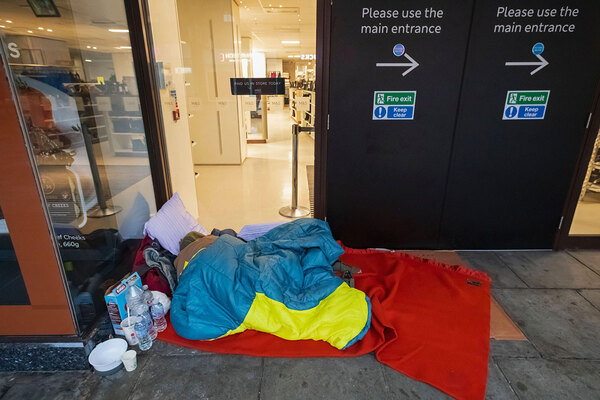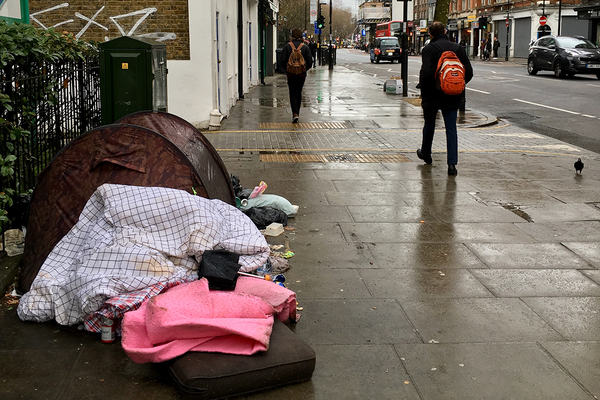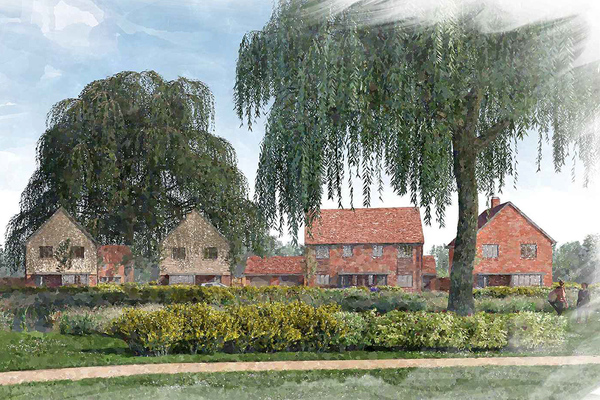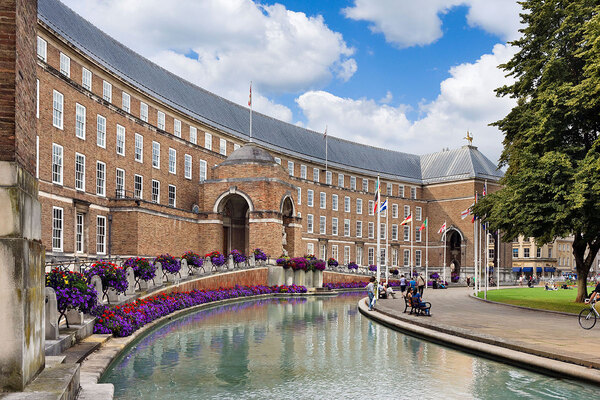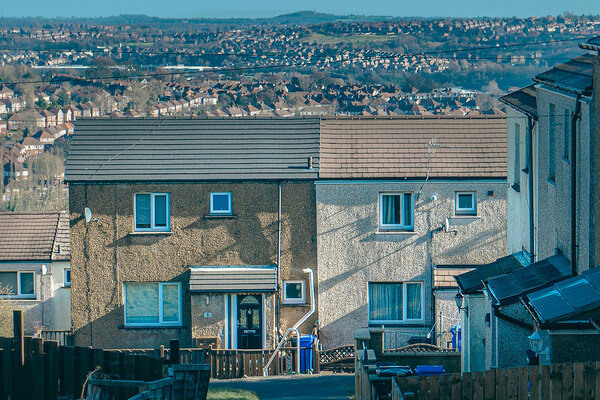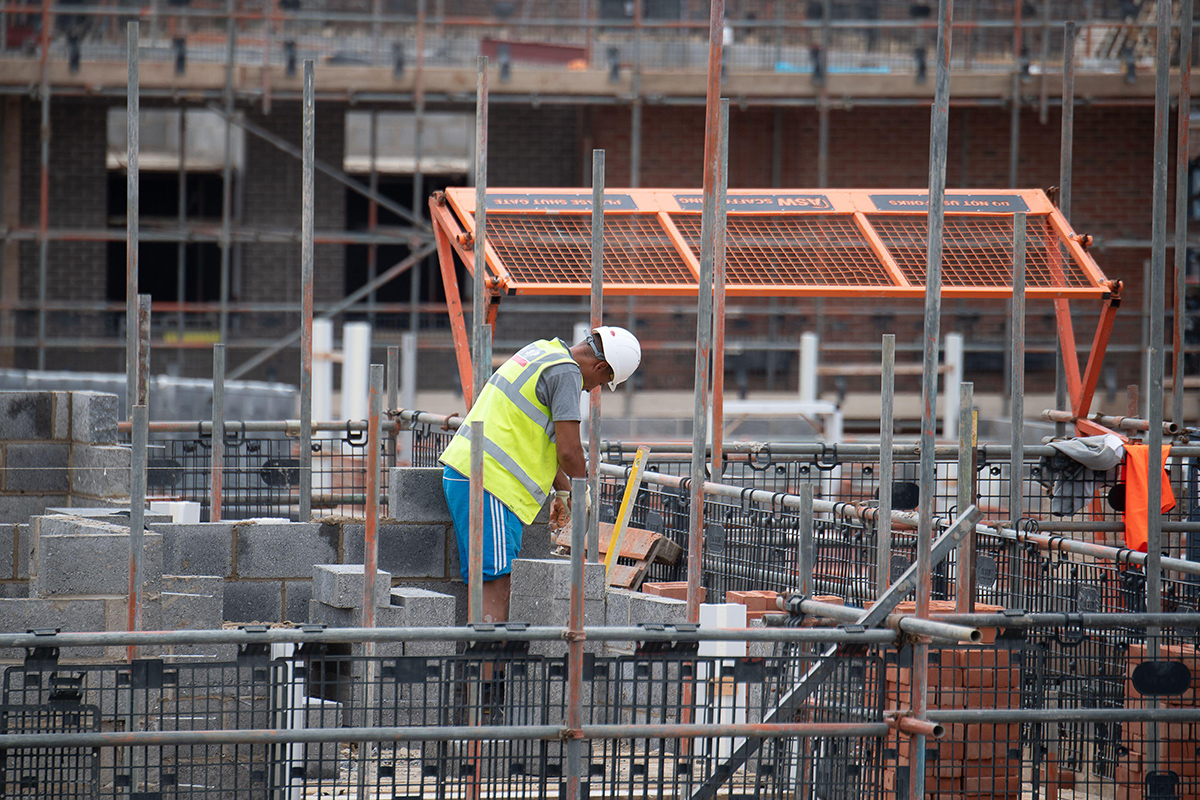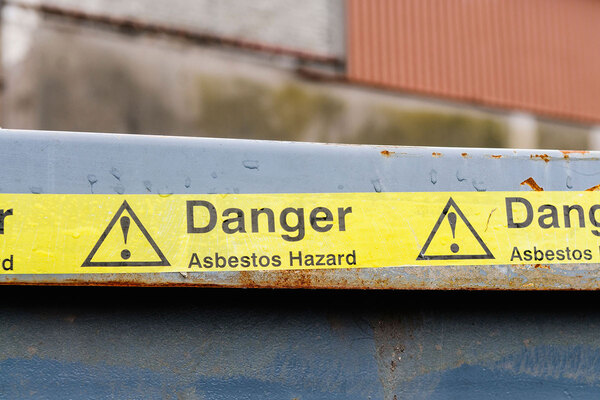Rough sleeping is at ‘shocking levels’ and should be ‘source of national shame’, MPs say
Rough sleeping levels in the UK are “a source of national shame” and must lead to government action, a cross-party group of MPs has said.
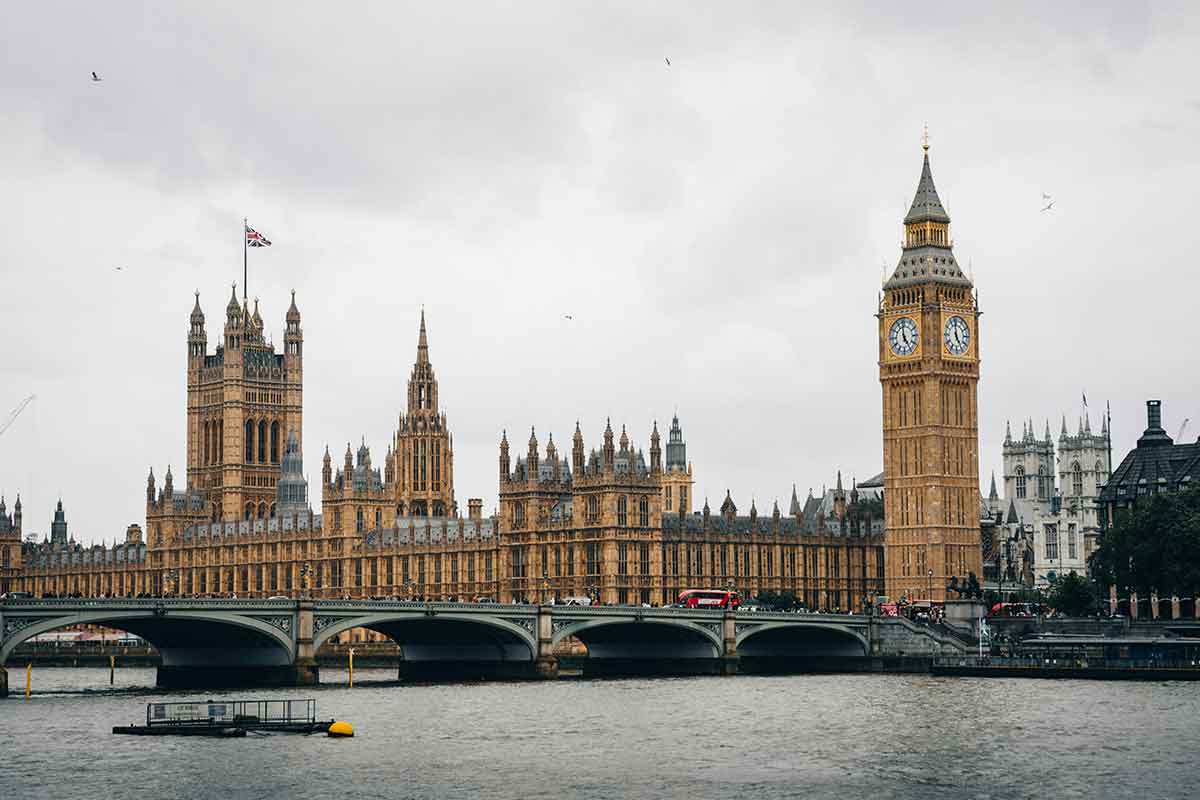
Florence Eshalomi, chair of the Housing, Communities and Local Government (HCLG) Committee, shared the findings of a recent inquiry into rough sleeping and called on the government to fix the crisis.
“Eradicating the scourge of rough sleeping in our society is very much an achievable goal,” Ms Eshalomi wrote in a letter to Angela Rayner, deputy prime minister and housing secretary, and Rushanara Ali, minister for homelessness.
Ms Eshalomi revealed the inquiry concluded that the UK is in a rough sleeping emergency, with numbers of people sleeping rough increasing in recent years and those “who previously weren’t at risk” now becoming vulnerable.
The HCLG Committee has called on the government to end Section 21 no-fault evictions and the five-week wait for initial Universal Credit payments. It should also look into the potential roll-out of the Housing First scheme more widely after a series of pilots.
Housing First provides immediate housing and open-ended support for rough sleepers. Since 2019, the scheme has been piloted in three locations: Greater Manchester, Liverpool and the West Midlands. The outcomes of which are here.
The inquiry asked the government to instate longer-term funding streams to tackle rough sleeping, rather than “continuing with the current situation of short-term top-ups during times of the most acute pressure, as with the Rough Sleeping Winter Pressures Funding”.
Plus, the committee raised the lack of accommodation available to house people and councils’ dwindling stock due to Right to Buy, and said funding for supported housing services should be restored.
The National Housing Federation (NHF) said supported housing is “essential” in preventing rough sleeping, but that services have faced “decades of cuts”.
Ms Eshalomi said: “The success of the Everyone In policy during the pandemic shows it’s possible to end rough sleeping. Building more social and genuinely affordable housing will be crucial to any long-term solution, but we must also address the immediate housing need for those who are rough sleeping.”
Another key focus was joined-up support for people with long-term health and addiction issues.
“Individuals who are struggling with severe health and addiction issues should not be ‘punished’ by withholding housing and other support on the basis that they are not clean of substances at the time of seeking support,” Ms Eshalomi added.
The HCLG Committee urged the government to review the guidance councils use when fulfilling their statutory housing duties, including the concept of “intentional homelessness”, local connection tests and priority needs assessments.
Brentwood Council was recently reprimanded after the Local Government and Social Care Ombudsman found it had been “gatekeeping” access to its homelessness services.
A spokesperson for the Ministry of Housing, Communities and Local Government said: “We have inherited the worst housing crisis in living memory, which is why we are taking urgent and decisive action to end homelessness for good.”
They referred to the Rough Sleeping Winter Pressures Funding, which was launched by Ms Rayner with £10m in November 2024 and then received an extra £20m last month, and the £1bn local authorities will receive next year to deal with and prevent homelessness.
“This is part of our Plan for Change, delivering 1.5 million new homes, including the social and affordable housing this country needs, and changing the law to abolish Section 21 no-fault evictions,” the spokesperson said.
The committee has asked the government for a response to its findings and recommendations by 8 April 2025.
The NHF said in response to the inquiry that the government must drastically increase housing supply, including building more social and genuinely affordable housing as part of its ambition to build 1.5 million new homes, as well as potentially set a specific sub-target for these types of tenures.
It must also “set out a plan specifically for the rejuvenation of supported housing, including restoring funding for supported housing services previously provided by the Supporting People programme”.
Sign up for our homelessness bulletin
Already have an account? Click here to manage your newsletters

